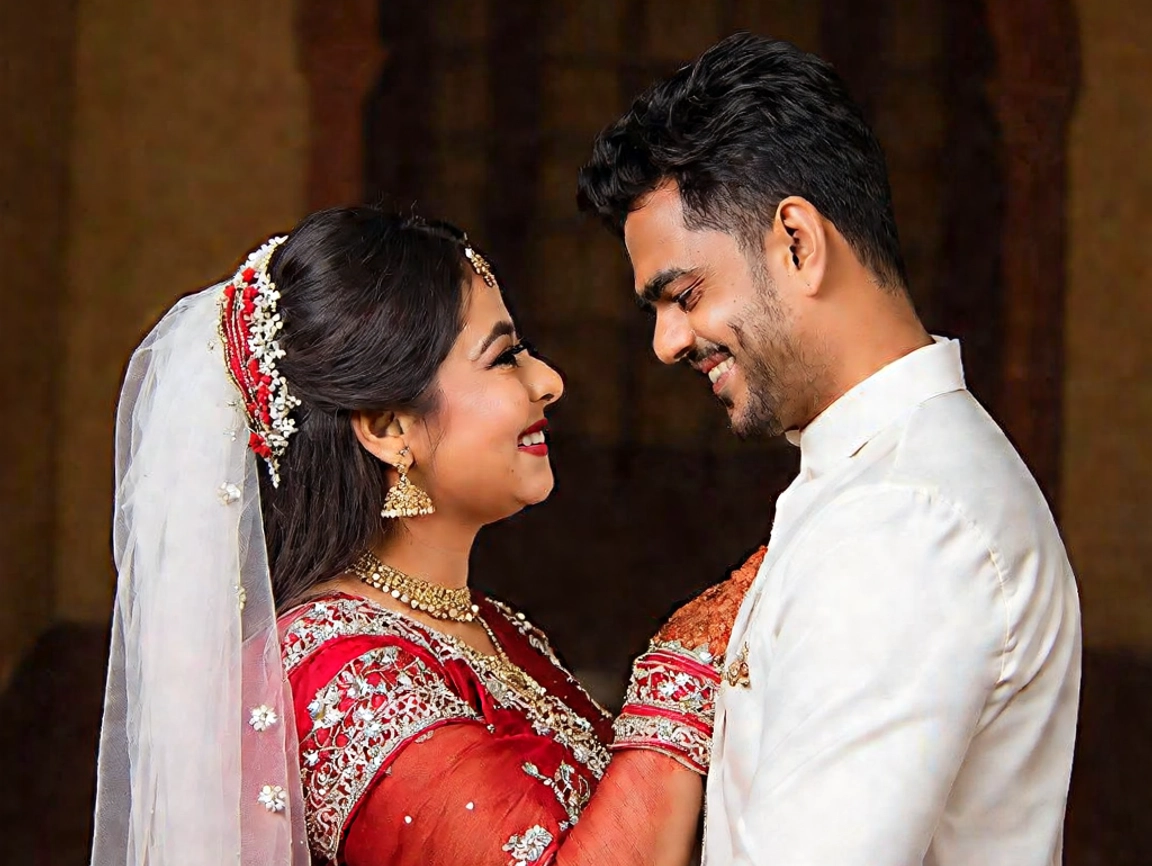The nature of the world changes with every passing day, and conventional marriage values are constantly questioned. Yet, these age-old values define the building blocks of a strong relationship that can last a lifetime, reinforcing both individuals and society.
As the cultural acceptance of new relationship models widens, it’s easy to forget the wisdom within traditional marriage values. Commitment, loyalty, and mutual respect are time-tested values that have endured countless societal changes. These values offer a sound foundation for couples navigating life’s challenges, especially in uncertain times.
The Sources of Traditional Attitudes to Marriage
Traditional marital values have been the bedrock of societies, forming the basis for familial structures and social norms for centuries. They have guided and stabilized couples through life’s ups and downs, standing the test of time.
Historical Meaning of Marriage
Marriage is one of humanity’s oldest institutions (https://theweek.com/articles/528746/origins-marriage). For ancient civilizations, it served as a way to form alliances, protect bloodlines, and ensure economic security. In medieval Europe, marriage was sacralized by the Catholic Church, adding a profound spiritual element to its importance. Over time, especially after the Industrial Revolution, marriage became more about companionship and love—a lifelong bond based on shared values.
Cultural and Religious Perspectives
While different cultures and religions may vary in their understanding of marriage, many share core values:
- Commitment: A lifelong dedication to one’s partner.
- Fidelity: Faithfulness to a romantic and sexual partner.
- Mutual Respect: Respecting each other’s values, opinions, and boundaries.
- Shared Responsibilities: Balancing household duties and decision-making.
- Family Orientation: Prioritizing the well-being of children and extended family.
In Hinduism, marriage is considered a sacred union for seven lifetimes. In Islam, marriage is seen as half of one’s faith, and in Judeo-Christian beliefs, marriage is a covenant with God. These diverse traditions emphasize the enduring significance of marriage across cultures.
Modern Challenges to Traditional Marriage
Over recent decades, relationship expectations have shifted, redefining the roles of marriage and family. Economic pressures, changing gender roles, and the rise of online dating have placed traditional marriage under scrutiny.
The Rise of Alternative Partnerships
New relationship models, such as unmarried cohabitation, polyamory, and domestic partnerships, have gained visibility. These models emphasize individual choice and personal fulfillment, challenging the traditional role of marriage as the only valid form of partnership.
Benefits of Traditional Marriage in Modern Society
Even in the modern world, traditional marriage offers benefits that range from personal satisfaction to societal stability.
Emotional Stability and Support
Traditional marriages provide emotional steadiness, offering:
- Greater life satisfaction through shared experiences.
- Lower rates of depression and anxiety.
- Stronger stress management due to spousal support.
- Better overall well-being from permanent companionship and intimacy.
Financial Security and Legal Protection
Marriage brings financial benefits and legal protections, including:
- Shared financial responsibilities and increased household income.
- Tax benefits, such as joint filing, offering potential deductions.
- Spousal eligibility for health insurance and employment benefits.
- Legal rights in decision-making for incapacitated partners.
- Estate and inheritance planning privileges.
According to the Pew Research Center, married couples have a median net worth nearly four times that of unmarried couples. These financial and legal protections create security and peace of mind.
Family Structure Maintenance
The traditional values of marriage help maintain strong family structures, where the foundations of development are laid and strong ties between generations are forged.
The Impact on Child Development
Children raised by both parents in a traditional family setting often experience significant advantages:
- Better academic performance.
- Higher self-esteem and better social skills.
- Lower rates of substance abuse and behavioral problems.
Research shows that children in traditional families are more likely to graduate high school, attend college, and make positive emotional adjustments. These children also benefit from diversified role models, learning problem-solving and communication skills from both parents.
Strengthening Intergenerational Relationships
Traditional marriage strengthens relationships across generations, with extended family members offering emotional support, practical help, and a sense of belonging. Children who are close to grandparents and other extended family often score higher in empathy and social skills, while older generations experience increased life satisfaction and improved cognitive function through active involvement in family life.
Balancing Tradition with Progress
Traditional marriage values can find a place in today’s fast-changing world by adapting to contemporary challenges while maintaining core principles.
Accommodating Traditional Values in the Modern World
Traditional marriage values are not static—they evolve with time. Today’s couples reinterpret values like commitment, communication, and respect for modern lifestyles. For example, sharing housework reflects today’s standards of equality, and technology helps maintain closeness in long-distance marriages. Financial planning now often involves dual-income households and joint decision-making.
Embracing Diversity in Marriage
Diversity in marriage reflects the social expansion of love and partnership. Same-sex marriage, interracial unions, and interfaith marriages all emphasize core values like commitment, respect, and mutual support. These diverse partnerships promote cultural exchange, tolerance, and understanding, proving that traditional values are adaptable across various relationship configurations.
The Role of Traditional Marriage in Community Development
Traditional marriage is a building block of social stability, fostering connected communities and lasting networks of support.
Social Cohesion and Supportive Networks
Marriage contributes to social cohesion by creating stable family units. These families form the foundation of strong communities, participating in local events, volunteering, and building deep-rooted relationships with other families. These connections prove invaluable in times of need, offering emotional and practical support.
Preserving Cultural Heritage
Marriage is also a means of preserving cultural heritage, as couples pass down customs, languages, and traditions to future generations. Traditional marriages help celebrate cultural events and holidays, creating a sense of shared values that strengthen community bonds.
Conclusion
Traditional marriage values provide a stable foundation in an ever-changing world. Commitment, respect, and shared responsibilities form the core of strong, lasting relationships. As society evolves, these timeless values continue to nourish marriages and communities, ensuring stability and emotional fulfillment for generations to come.



